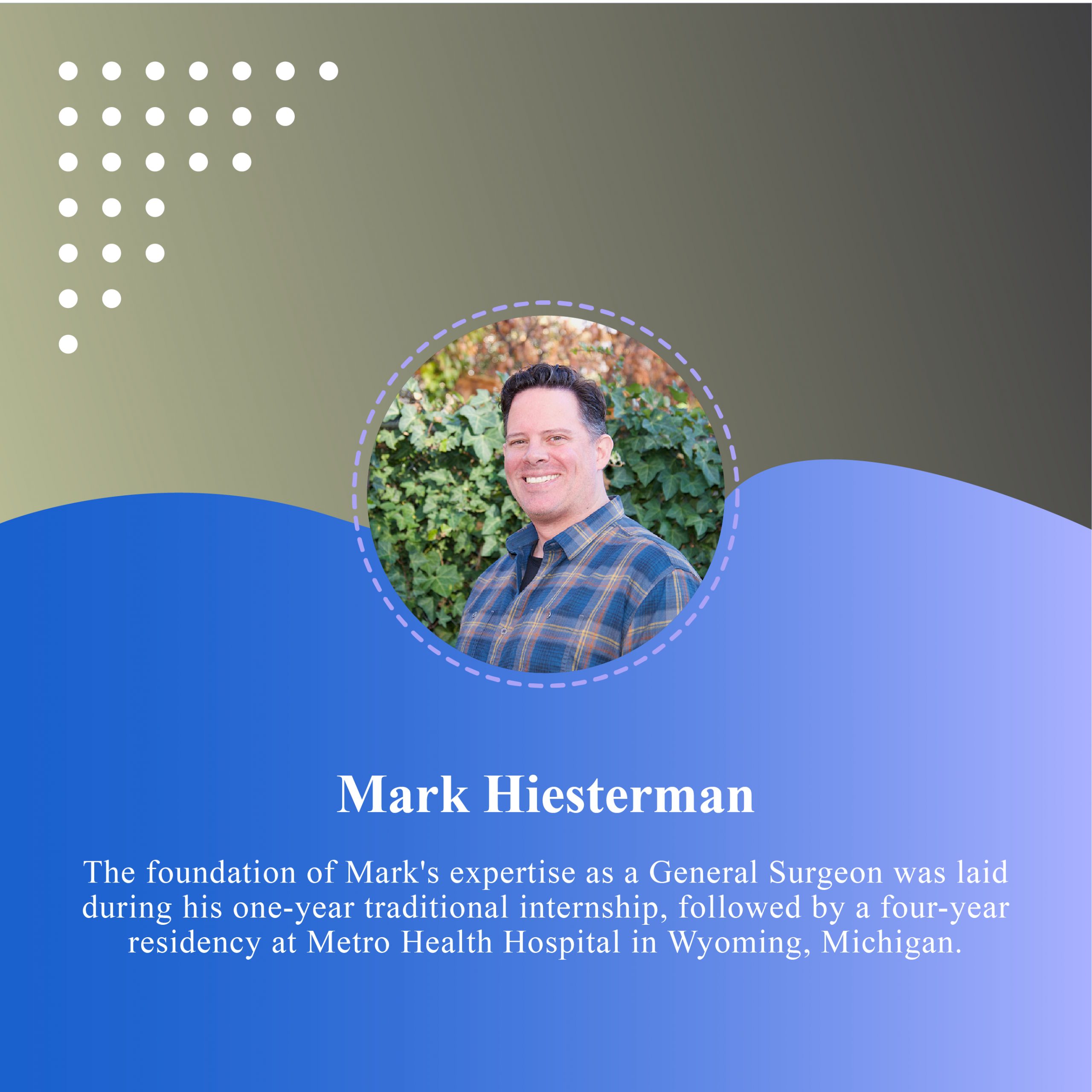
In the rapidly evolving landscape of healthcare, technological advancements play a pivotal role in shaping the future of medicine. From diagnostics to treatment, innovative solutions are revolutionizing how healthcare is delivered. This article explores the emerging trends in medical technology that are paving the way for a healthier and more efficient healthcare system.
Telemedicine has emerged as a transformative force, breaking down barriers to healthcare access. With the proliferation of smartphones and high-speed internet, patients can now consult with healthcare professionals remotely. This has proven especially crucial in rural and underserved areas with limited access to medical facilities. Telemedicine facilitates timely consultations and reduces the burden on healthcare infrastructure.
Artificial Intelligence in Diagnostics
Artificial Intelligence (AI) is making significant strides in diagnostics. Machine learning algorithms can analyze vast medical data to identify patterns and accurately predict diseases. This expedites the diagnostic process and enhances the precision of results. AI-powered diagnostic tools are employed in radiology, pathology, and even genomics, offering healthcare professionals valuable insights for personalized treatment plans.
Robotic-assisted surgery is another groundbreaking trend in medical technology. Surgeons can now perform complex procedures with enhanced precision and control using robotic systems. This minimally invasive approach reduces recovery times, minimizes scarring, and improves overall patient outcomes. As automated technology advances, its applications in surgery are expected to expand, transforming how specific procedures are conducted.
Wearable Health Tech: Empowering Individuals
The rise of wearable health technology has empowered individuals to take charge of their well-being. These devices provide real-time data on various health metrics, from fitness trackers to smartwatches with health monitoring features. This information encourages individuals to adopt healthier lifestyles and allows healthcare professionals to track and manage chronic conditions more effectively. The integration of wearable tech into healthcare fosters a proactive approach to wellness.
Advancements in genomic medicine are enabling a more personalized approach to healthcare. Understanding an individual’s genetic makeup allows for targeted treatment strategies, minimizing adverse reactions and maximizing therapeutic benefits. Genetic testing is becoming more accessible, providing valuable information about an individual’s predisposition to certain diseases. This knowledge is instrumental in preventive care and developing personalized treatment plans.
Blockchain in Healthcare: Ensuring Data Security
Data security and privacy concerns have become paramount as the healthcare industry embraces digitalization. Blockchain technology is emerging as a solution to these challenges. By providing a decentralized and secure platform for storing and sharing medical data, blockchain ensures the integrity and confidentiality of patient information. This enhances data security and facilitates interoperability among different healthcare systems.
The application of 3D printing in medicine is revolutionizing the manufacturing of customized medical devices and implants. 3D printing allows for precise and personalized solutions tailored to individual patient needs, from prosthetics to orthopaedic implants. This technology reduces production costs and accelerates manufacturing, offering quicker turnaround times for critical medical interventions.
Virtual Reality for Therapy and Training
Virtual Reality (VR) is finding applications in therapy and training within the healthcare sector. In treatment, VR is used to treat conditions such as phobias, post-traumatic stress disorder (PTSD), and chronic pain. Additionally, VR is valuable in medical training, providing a realistic and immersive environment for students to practice procedures and enhance their skills. VR integration into healthcare fosters innovation in patient care and medical education.
Nanotechnology is opening new frontiers in drug delivery and treatment modalities. Nanoparticles can be engineere to deliver medications directly to specific cells or tissues, minimizing side effects and increasing the effectiveness of treatments. This targeted drug delivery approach holds great promise for treating various diseases, including cancer. As nanotechnology advances, it is poised to revolutionize how drugs are administered and improve patient outcomes.
Augmented Reality for Surgical Navigation
Augmented Reality (AR) makes waves in surgical navigation, providing real-time visual overlays during procedures. Surgeons equipped with AR headsets can receive critical information about the patient’s anatomy, enhancing precision and reducing the risk of errors. This technology is particularly beneficial in complex surgeries where precise navigation is essential. As AR applications in healthcare expand, they will likely become integral to the surgical toolkit.
The landscape of medical technology is evolving at an unprecedented pace, ushering in an era of innovation and improved healthcare outcomes. From the democratization of healthcare through telemedicine to the precision of robotic-assisted surgery, these emerging trends are reshaping how we approach healthcare delivery. As technology advances, the synergy between healthcare and innovation promises a healthier and more connected future. The pioneers in these fields are not just pushing the boundaries of what is possible; they fundamentally transform how we think about and experience healthcare.